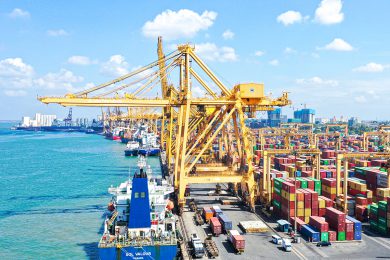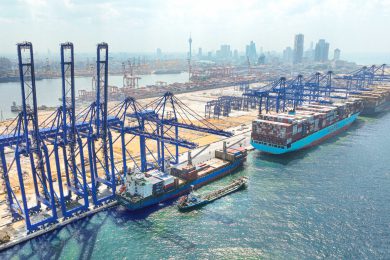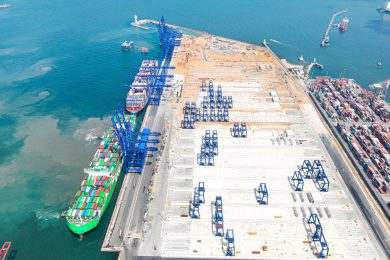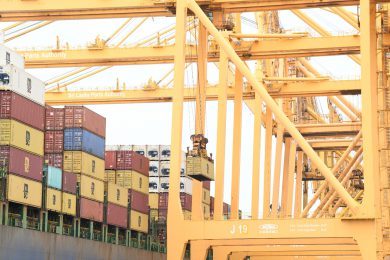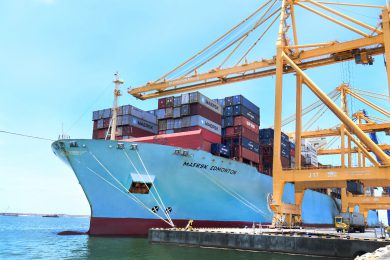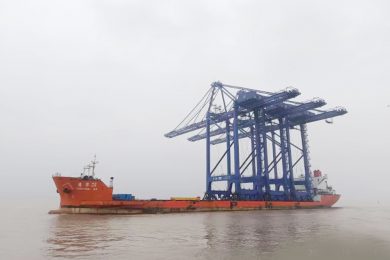This situation is all the more critical where developing countries already face high debt burdens
UNCTAD
The Covid-19 shock is posing unprecedented challenges to advanced country governments. But, if the challenges are huge in advanced economies, they are enormously more daunting in developing economies.
The vast majority of developing countries are heavily reliant on access to the ‘hard currencies’ of advanced countries – earned primarily through commodity and service exports, such as food, oil and tourism, and received through remittances from their diasporas as well as from access to concessional and market-based borrowing –to pay for imports and to meet external debt obligations.
This situation is all the more critical where developing countries already face high debt burdens.
The Covid-19 shock has put a glaring spotlight on the difficulties arising from high and rising developing country indebtedness since it is set to turn what was already a dire situation into serial sovereign defaults across the developing world. It has, therefore, turbo charged the need to move from discussion to action on debt matters in developing countries.
Following a brief discussion of current debt vulnerabilities in developing countries, this update of UNCTAD’s Trade and Development Report 2019 lays out a series of steps that the international community will need to take if there is to be any hope of salvaging the Agenda 2030 and moving to a more resilient and sustainable future for all countries.
.



